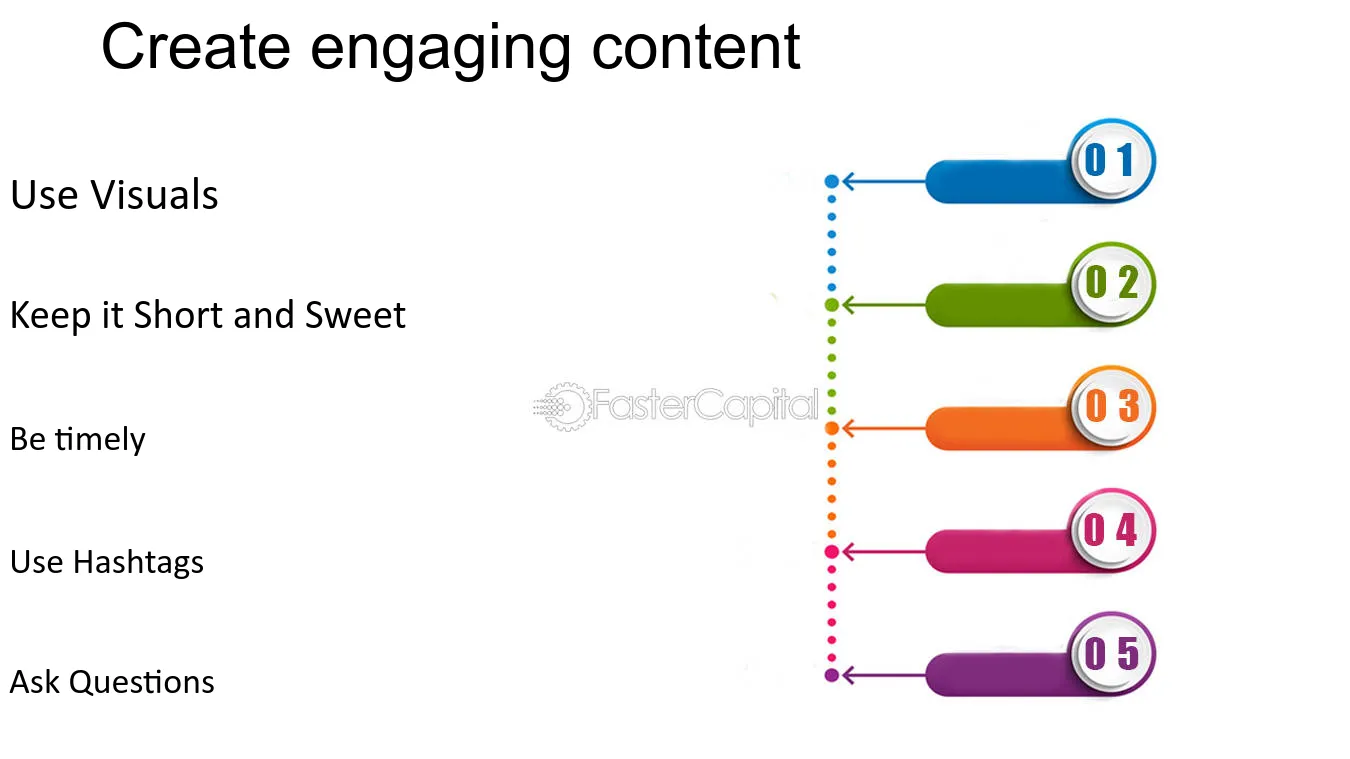Creating your first social media strategy – Page 2 of 2 – StartupSmart
How do you integrate social media into your daily operations?
Power suggests devoting 30 minutes a week to social media.
“I usually do this on Tuesday. I take 30 minutes out of the day, put all of the content I want to share for the week in an Excel spreadsheet and then pre-schedule the posts either from the platform or via a third party program like Hootsuite or Sprout Social.”
The spreadsheet should work as an editorial calendar and content you share on social media platforms should also match content on e-newsletters, media releases and major events. I create an editorial calendar for the year and I plan up to six months in advance.”
Thomson, however, sets aside time each day to devote to social media.
“You’re probably already reading news online about your industry. So when you read something of interest, share it,” he says.
“But consistency is very important, which is why you need to set aside a specific time each day, as opposed to logging in every now and then.”
What are the potential returns?
Power says potential returns are considerable and include increases in website traffic, brand engagement and advocacy, potential leads and database size.
“The other added benefits are profits, media and press in relation to your use of social media and also a reduction on the amount of money spent on staff recruitment,” she says.
Campbell says for her business, social media is hugely effective for seeking feedback and generating support for Posse. “It’s not free because we have full time staff focused on social media, but it’s much more effective than advertising.”
Thomson says if you’re engaging with your audience on social media there’s a good chance they will purchase from you.
“The real value is when your followers start to recommend you; that’s when you get the viral effect. The idea is to create brand advocates who will share your content and market your business for you. That’s where the magic happens.”
What are the common mistakes you need to avoid?
Campbell says spamming and annoying people are high on the list of things not to do. She says people are aware of this and have become reluctant to use social media as effectively as possible.
“Pinterest heavily used Facebook in its early days to attract millions of users, even bordering on spam. They pushed the boundaries but they got results.”
According to Power, if you are considering starting a blog, keep in mind this is a much larger commitment then a Facebook or Twitter page.
“Blogs have one of the highest abandon rates of any social media platforms and can do the opposite of bringing a positive return to your company. It reflects poorly on your business if your blog is a museum of four-year-old posts.”
Thomson says a common mistake is not identifying your target audience properly.
“Don’t try and target anyone and everyone. And without genuinely interesting content you’re unlikely to offer real value and people won’t buy from you or refer you. There’s no point just getting any old like – it has to be a targeted customer.”
Five social media tips to get you started
1. Why does social media matter to your business?
What’s the purpose of engaging in social media? What benefits will it deliver to your business?
2. Start small and build your presence gradually
There’s no point starting accounts on Facebook, Twitter, Instagram and LinkedIn and then running out of puff in a month’s time. Start with a Facebook account for your business and once you think you’ve mastered that platform, dip your toe in the other ones.
3. Develop unique content
Anyone can share someone else’s article on social media. The best contributors come up with their own content, which authentically reflects their point of view. This is also the best way to encourage others to share your posts and start great online conversation.
4. Measure your efforts
A great resource is Social Sprout, which allows you to see which posts prompted the most interaction.
5. Results should dictate strategy
If you find conducting straw polls of your customers’ opinions and sharing the results on social media is the best way to engage with your audience think about upping those sorts of posts. Similarly, if you find no one’s reading the articles you share, focus your efforts on tactics that do deliver results.

